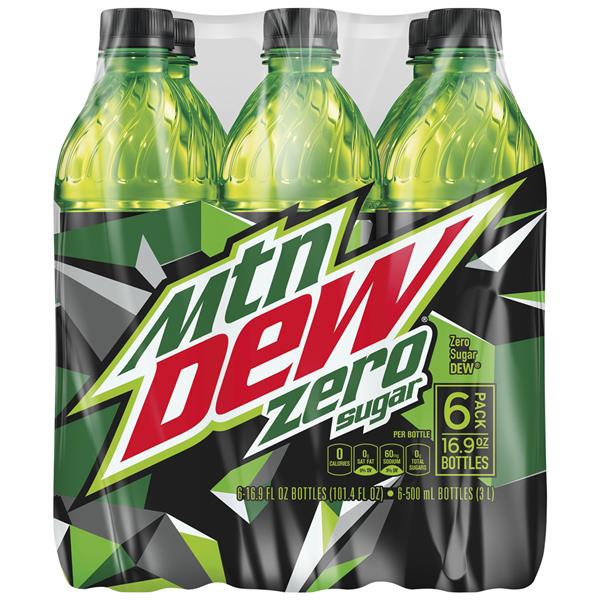

As a result, you are more likely to crave the drink later on. If caffeine does not have any additional flavor, why is it used? Easy! Caffeine is a stimulant that causes your nervous system to go out of control. However, some studies have suggested that caffeine does not change the flavor at all. If you take the caffeine out of the drink, it has a different flavor. For example, the bitter bite from Coke is largely from caffeine, or so they say. There are two main reasons to explain this addition.įirstly, soft drink companies claim that caffeine is added to enhance the flavor of certain drinks.


You might be wondering why caffeine is used in soda in the first place. "Nuun Energy lists from tea extract," Graham said, encouraged that the tea extract appears to be only caffeine source.Image Credit: NeONBRAND, Unsplash Where Does the Caffeine Come From in Mountain Dew & Coke? Graham added that in looking at the caffeine for Nuun Energy, this energy drink choice seems like one of the safest-not only because of the amount, but because of the source, too. "I would recommend this tablet for someone who is looking for minimal, natural ingredients," Hauser said, adding that with a listed 80 milligrams of caffeine, it is comparable to a small cup of coffee. "However," she added, "there's only two grams of per tablet, so it's almost a negligible amount." Hauser highlights Nuun Energy's other ingredients, like vitamins, organic beet powder, stevia leaf extact, and organic ginseng extract for caffeine. She went on to explain that the calories and carbs in this drink come from tapioca syrup sugar and dextrose, which is a form of sugar made from corn, that's identical to glucose-the type of sugar in our bloodstream. Nuun Energy, which comes in a fun tablet form that's easy to drop into water, "might be as natural as you can get without making your own electrolyte replacement drink," Hauser told us. However, if some don't have any of those, we then based on the carb content.ġ5 calories, 100 mg sodium, 4 g carbs, 2 g added sugars Our list is based on caffeine, calories, and sugar content. To help eliminate the guesswork at the grocery, we rounded up the healthy energy drinks on the market-as well as the unhealthiest energy drinks to avoid-to help you make smarter choices for your caffeine boost. "Some energy drinks do list caffeine, but this is not necessarily the total amount of caffeine in the beverage." "The FDA does not require manufacturers to list how much caffeine they add," she says. However, Graham cautions, it's especially important for consumers to keep an eye on the caffeine within energy drinks.

#Mountain dew zero sugar vs diet how to#
How to pick the best healthy energy drinks. Nicole Avena, Ph.D., an assistant professor of neuroscience at the Mount Sinai School of Medicine and a visiting professor of Health Psychology at Princeton University registered dietitian and certified diabetes expert Karen Graham, RD, CDE and registered dietitian Talia Hauser, RD, LDN. Mike Roussell, Ph.D., nutrition expert and co-founder of Neuro Coffee Hillary Cecere, RDN and registered dietitian for Eat Clean Bro Dr. But how can you ensure that what you're drinking is going to give you the boost you need? To help you find the unhealthy and healthy energy drinks on the market, we tapped five nutrition pros: Dr.


 0 kommentar(er)
0 kommentar(er)
